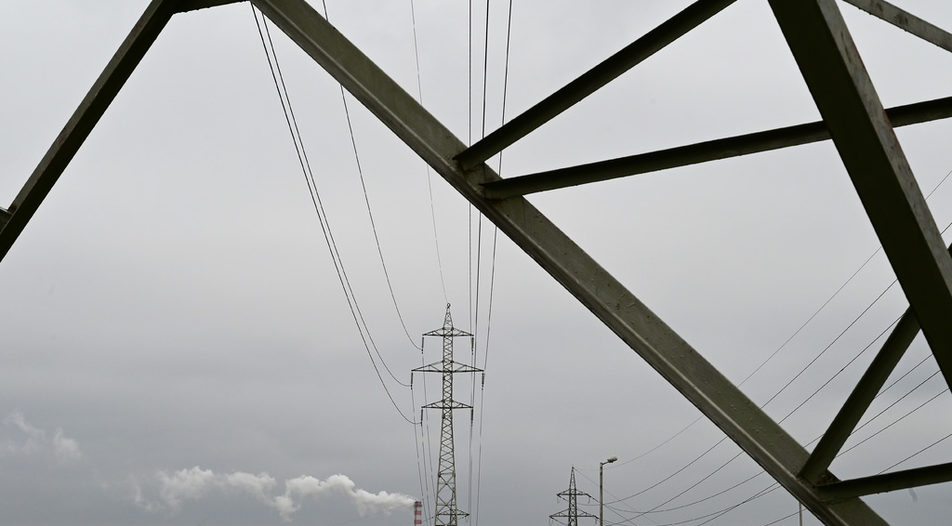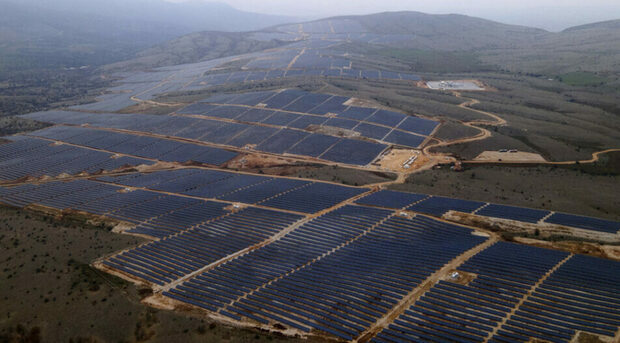Bulgaria's electricity sector behaved rather differently this January, compared to its year-ago characteristics: more generation and less consumption, exports instead of imports, and lower prices in both monthly and yearly terms.
Yet, that is no wonder, considering that there was a shutdown at Kozloduy nuclear power plant (NPP), a week with below-zero temperatures, and closed businesses due to COVID-19 restrictions.
The electricity generation data are especially interesting because they show huge dynamics in the sector and processes which can have a destructive impact in the next several years on state-owned Maritsa East 2 thermal power plant (TPP) and lignite mining company Mini Maritsa East.
Cool down the coal
During the winter months, coal-fired power plants in Bulgaria usually produce nearly 60% of the country's electricity. This has been repeated many times by energy minister Temenujka Petkova when it came to the need for a transition to a low-carbon economy and why Bulgaria cannot break up with coal.
So it was to be expected TPPs in Bulgaria to have a bigger share in electricity generation this January. Especially considering that one of Kozloduy NPP's two 1000 MW operational units was disconnected from the grid for 22 hours on January 22 to fix a technical problem, and the Electricity System Operator (ESO) announced that it would activate all TPPs.
However, data of the European Network of Electricity Transmission Operators (ENTSO-E), of which the Bulgarian ESO is a member, show that last month coal-fired power plants generated 12.4% less electricity compared with the same month of 2020. Consequently, their share in electricity production fell from 40.9% to 35%.
At the same time, electricity generation from renewable sources almost doubled - to 796 GWh from 426 GWh in January 2020, increasing the share of green electricity to 20% of total generation. This is quite unusual for a winter month but in this case, the increased output of renewables is due to the operation of hydropower plants (+278%), while solar and wind generation slightly decreased. The explanation is simple: if there wasn't enough water in the dams like the situation had been in 2020, hydropower plants wouldn't have been able to run at high capacity as they did this January and the energy sector would have had to rely on coal.
Price surprise
The average electricity price in January was 104 BGN/MWh (53.2 EUR/MWh). This is lower than the price of 107.6 BGN/MWh in January 2020, and also compared to the average price of 111 BGN/MWh on the Independent Bulgarian Energy Exchange in December.
The lower prices can be explained by the generation of hydropower plants because their output is cheaper than the electricity generated at TPPs.
Export opportunities
The lower domestic prices allowed Bulgaria to be a net exporter of energy last month. In January 2020, the country imported more electricity than it exported because then the price on the local market was higher than it was in all other neighboring states. ESO's data shows that exports are the reason for the rise in electricity generation by 5% on a yearly basis this January because domestic electricity consumption was lower by 4.1%.
Weaker domestic energy consumption was due to the coronavirus restrictions that kept restaurants, shopping malls, fitness centers and cinema theaters closed, and the higher temperature - the average daily value for January in the country was 2.1 degrees Celsius, while during the same month of 2020 it had been 1.4 degrees.
Bulgaria's electricity sector behaved rather differently this January, compared to its year-ago characteristics: more generation and less consumption, exports instead of imports, and lower prices in both monthly and yearly terms.
Yet, that is no wonder, considering that there was a shutdown at Kozloduy nuclear power plant (NPP), a week with below-zero temperatures, and closed businesses due to COVID-19 restrictions.












